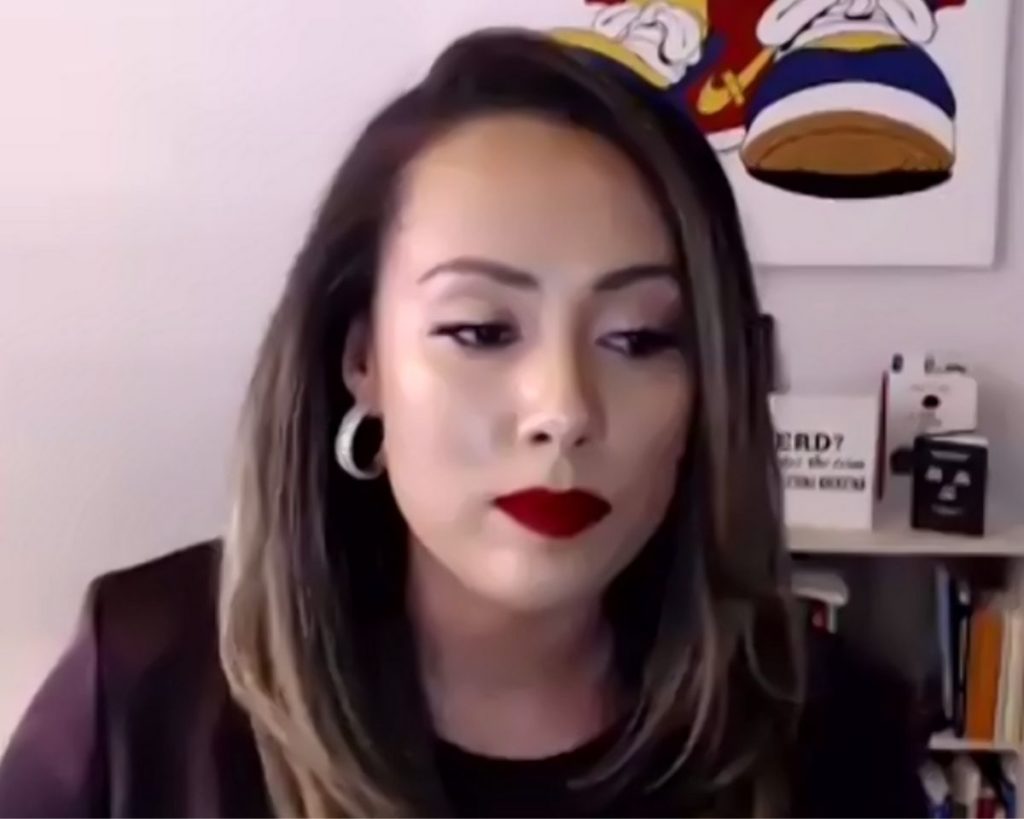A proposal led by two Denver school board members to curtail some of the autonomies bestowed on the district’s 52 innovation schools by state law is likely to be modified after a tense debate during a day-long meeting Thursday.
One change seems almost certain: A section of the proposal that would require all schools to standardize their calendars will be tossed out or voted down. Board member Scott Baldermann, one of the proposal’s architects, acknowledged as much during the meeting.
Other pieces of the proposed policies, officially known as executive limitations on “Standard Teacher Rights and Protections,” are likely to survive, though perhaps in somewhat modified forms.
Those include language on “employee treatment,” which includes a 40-hour work week, “minimal non-teaching duties,” “minimal inter-school travel,” pay that correlates with classroom teaching experience, the elimination of performance-based bonuses tied to student test scores, and a prohibition on signing or retention bonuses, among others.
Board members acknowledged that the introduction of the proposed policies earlier this year was rushed and clumsy, and created confusion and discord. But they also said the intent was and remains clear: protecting teacher rights.
“We are all grounded in (the belief that) teacher rights are important,” board member Carrie Olson said. “Our intent was to help teachers, say we want to have your rights protected, but how we’ve gone about this, we’ve created a lot of strife in our community.”
Although the conversation Thursday shifted several times, the board decided to hold an in-depth discussion on the proposed policy changes at its next work session March 21. At the time, board members will decide whether to proceed with a planned vote on March 24. [UPDATE: Board Vice President Tay Anderson said on Facebook Friday morning that the board will vote “on something” related to the Executive Limitations on March 24.] It’s unclear what the board will decide, or even how it will conduct its deliberations between now and March 21.
Board President Xóchitl “Sochi” Gaytán, who co-authored the executive limitations with Baldermann, proposed circulating a Google Doc where all board members could contribute their proposed changes or amendments. But she said she was “concerned it would be opened up to be a public record,” which was confirmed by the district’s legal counsel.
The public’s confusion over proposed changes, board members said, stems from a transition to a framework known as Policy Governance, under which the board creates “ends statements” about outcomes for Superintendent Alex Marrero to meet, and then gives him wide latitude in how he achieves those ends. Executive limitations are areas in which the board decides to be more directive.
With four new members having taken office in late November, the board is struggling to understand Policy Governance. “We don’t know what we’re doing,” new board member Michelle Quattlebaum said during Thursday’s discussion. “We have different interpretations (of the proposed changes).”
The conversation capped an action-packed 20 hours on the innovation schools front, which began with a virtual town hall attended by more than 900 people Wednesday evening. Organized by Denver Green School Lead Partner Frank Coyne on behalf of a council of other innovation school educators, the town hall provided several parents, teachers, and leaders with the opportunity to express why, in their view, the school board should not meddle with innovation.
The audience for their impassioned pleas included all seven DPS board members. Jennifer Anderson, Principal of Grant Beacon Middle School, said curtailing innovation would hurt the very students this board was elected to serve.
“I’m in favor of giving schools a chance to stop marginalizing and disenfranchising our students,” Anderson said. “I’m in favor of critiquing the executive limitations, which asks us to standardize education when everything we know to be true says that our BIPOC students suffer the most when we fail to dismantle these historically oppressive structures.”
And Christina Damon, a gifted and talented program coordinator at Dr. Martin Luther King Jr. Early College, had this today about the proposed changes:
“I have to ask, why is it necessary for me to show up and use my limited and precious time to defend a system that we as teachers advocated for and benefit from. Schools that have chosen innovation status have carefully curated and intentionally designed systems that support the needs of their staff, students, and families and yet for no apparent reason, the (board) seeks to destabilize school communities and dismantle work that has taken years to effectively develop.”
Also on Thursday, the board received results of a survey sent to DPS teachers and principals in both innovation and non-innovation schools to gauge support for the proposed changes. The survey showed that by a 2-1 margin, more innovation teachers support the changes than oppose them.
However, it also revealed that the more familiar teachers in innovation schools were with the details of their schools’ innovation plans, the more likely they were to oppose the proposed changes. Those who said they were “very familiar” with the plans opposed the changes by a margin of 62 percent to 38 percent.




